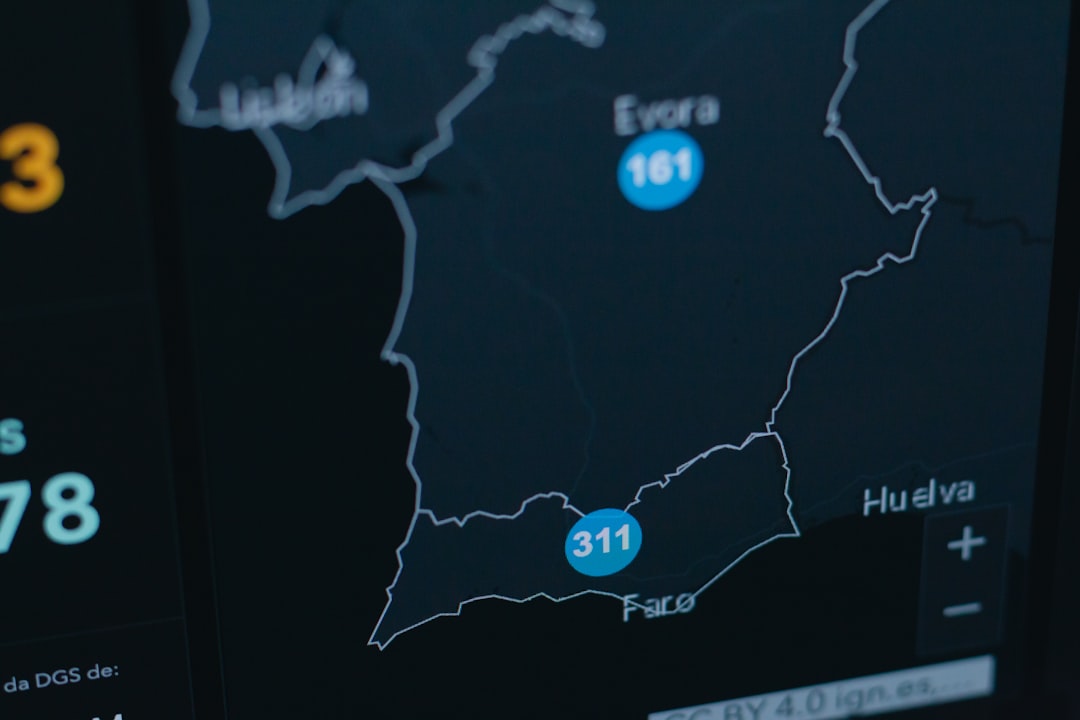So, you have a WordPress website and you’ve heard something about cookies and the law. Maybe you’ve even seen those little popups on other websites and thought, “Do I need that too?” Well, the answer is probably yes. But don’t worry, it’s easier than baking actual cookies. Let’s break down the world of Cookie WordPress Plugins in a way that makes sense — and keeps both your users and the law happy.
TL;DR
A Cookie WordPress plugin helps your site stay compliant with privacy laws like GDPR and CCPA. It also builds trust with users by being upfront about the data you collect. The right plugin can make your site legal, stylish, and user-friendly. Oh, and it’s not hard to set up either.
What Are Cookies?
No, not the chocolate chip kind (although we love those too). In web terms, cookies are small pieces of data stored in your browser. Websites use them to remember preferences, logins, and user behavior.
Some cookies are essential — like saving items in your shopping cart. Others are used to track visitors with tools like Google Analytics or Facebook Pixel. These are where privacy laws come in.
Why Should You Care?
Because laws like GDPR (EU) and CCPA (California) say you must tell users what data you collect and let them choose if they agree. If you don’t, you could face fines or lose user trust.
Also, users are getting smarter. They know what cookies are, and they appreciate transparency. Showing you’re trustworthy can actually boost your credibility.
What is a Cookie WordPress Plugin?
It’s a tool you can add to your WordPress site to manage cookies. These plugins show a cookie consent banner or popup. They do the hard work for you like:
- Detecting what cookies your site uses
- Letting users agree or reject cookies
- Blocking non-essential cookies until users accept them
- Keeping track of consent for legal record-keeping
Top Features to Look For
Not all cookie plugins are the same. When choosing one, look for these core features:
- Customizable Banner: Change text, colors, and position so it matches your site design.
- Geo-Targeting: Show the banner only where it’s required by law.
- Cookie Scanner: Automatically detects and lists cookies your site uses.
- Consent Logging: Keeps a secure record of users who gave consent.
- Multilingual Support: For global audiences, this is a must.
Some advanced options also include integrations with analytics tools and blocking scripts until permission is granted.
Best Cookie WordPress Plugins (Our Favorites)
Here’s a short and sweet list of popular cookie plugins that are easy to use and packed with features:
- Complianz – GDPR/CCPA Cookie Consent
Smart, automated, and beginner-friendly. It can scan your site and generate a full cookie policy. - CookieYes | GDPR Cookie Consent & Compliance Notice
Stylish options and very customizable design. Great for developers and designers. - Cookiebot
A powerhouse plugin that handles everything from scanning to compliance logging. It’s fantastic for large or dynamic sites.

How to Install a Cookie Plugin (In 5 Easy Steps)
Don’t worry if you’re new to WordPress. You can do this!
- Go to your WordPress Dashboard.
- Click on “Plugins” → “Add New”.
- Type in the plugin’s name (like “Complianz”).
- Click “Install” and then “Activate”.
- Follow the setup wizard or settings page to customize the banner.
That’s it! Your site is more legal already.
Customizing the Cookie Banner
The fun part is making the cookie banner match your site’s style. Most plugins will let you:
- Change the text and labels
- Pick where the banner shows (top, bottom, or floating)
- Set colors, button styles, and the layout
- Add links to your privacy or cookie policy
Pro Tip: Try to keep your language friendly and clear. Instead of scaring people with legal-speak, just say: “We use cookies to improve your experience. You can accept or customize your settings.”
Legal Texts You Might Need
Besides the plugin, create or update two important pages:
- Privacy Policy: Describes how you collect, use, and store user data.
- Cookie Policy: Lists all the cookies your site uses and what they do.
Some plugins like Complianz will auto-generate these for you based on a scan of your site.
Do You Really Need a Cookie Plugin?
If you rely on:
- Google Analytics
- Third-party ads
- Facebook Pixel
- Any type of user tracking
…then YES, you definitely do. If your website has visitors from the EU or California, you’re legally required to provide consent options.
Make It Fun for Users
People expect the cookie banner — so why not make it a bit fun? Some brands use witty language like:
- “Nom nom. We use cookies!”
- “We bake cookies (digital ones). Want some?”
As long as you’re clear, people will appreciate the transparency — and the humor!

Common Mistakes to Avoid
You’re trying to do the right thing — that’s great! But here are a few slip-ups to watch for:
- Not disabling cookies before consent: Cookies shouldn’t load until a user agrees.
- Forgetting to update cookie info: Your tools might change over time. Re-scan your site now and then.
- Using vague banner text: Be honest and clear about why you’re using cookies.
Final Thoughts
Setting up a cookie banner with a WordPress plugin isn’t just about legality — it’s about caring. You’re respecting your visitors’ choices and building online trust. Plus, with so many easy-to-use plugins, there’s really no reason not to.
So go ahead, pick your plugin, customize your banner, and turn that legal lemon into lemonade — or maybe into chocolate chip cookies 🍪.
Your users will thank you. So will the internet police.


